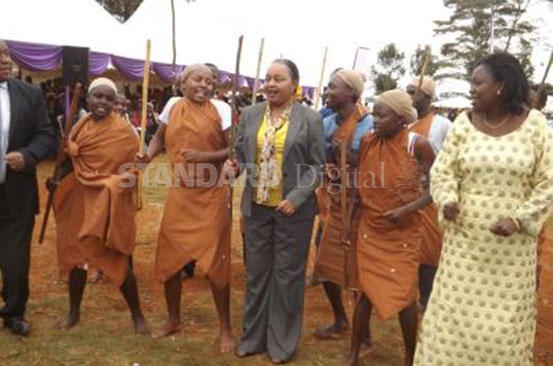×
The Standard e-Paper
Home To Bold Columnists

Devolution and Planning Cabinet Secretary Anne Waiguru faces tough choices between winding up the Poverty Eradication Commission (PEC) and scaling up sub-county committees on tackling poverty at the grassroots.
The fresh challenge is posed by imminent expiry of the National Poverty Eradication Plan 1999-2015 this month, in which government policies on equitable regional and social distribution of national resources were piloted.